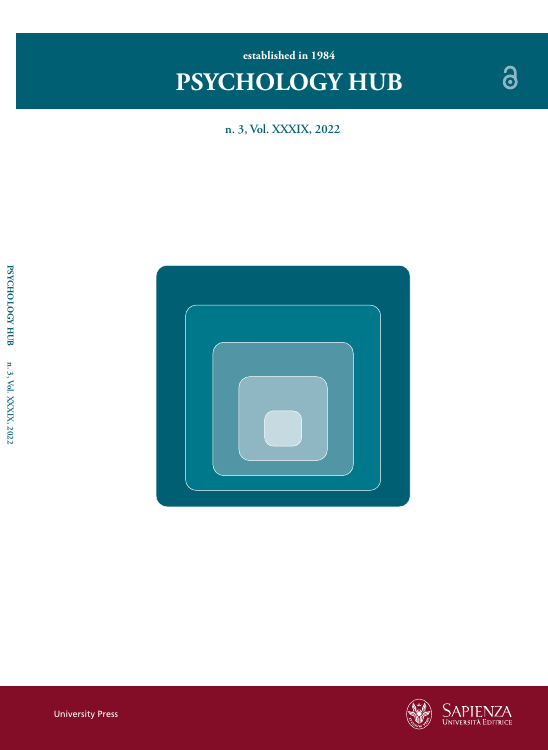The indirect Need for Cognitive Closure effect on preference for men in authority
DOI:
https://doi.org/10.13133/2724-2943/17701Abstract
A recent research has found an effect of the need for cognitive closure, or the desire for stable and certain knowledge, on the acceptance on stereotypes of women as not wanting, and not being good at, roles involving authority. This study found an indirect, experimentally manipulated (i.e., acute) NCC effect, through these harmful gender stereotypes, on preference for men in positions of authority. According to NCC theory, individuals who have either an acute or chronic desire for stable and certain knowledge can accept many kinds of stereotypes, given that stereotypes themselves are perceived to be sources of stable and certain knowledge. As the NCC can be acute as well as chronic (i.e., an individual difference), we sought to assess the indirect effect of chronic NCC on preference for men in authority through acceptance of harmful gender stereotypes. We conceptually replicated this finding in a sample of 199 participants recruited from the United States. Given these results, we suggest avenues for future research.
Additional Files
Published
How to Cite
Issue
Section
License
Copyright (c) 2022 Psychology Hub

This work is licensed under a Creative Commons Attribution-NonCommercial-ShareAlike 4.0 International License.





